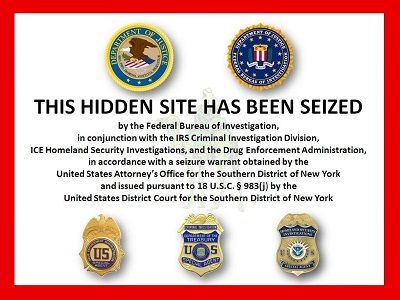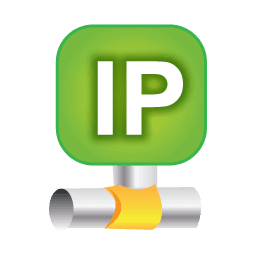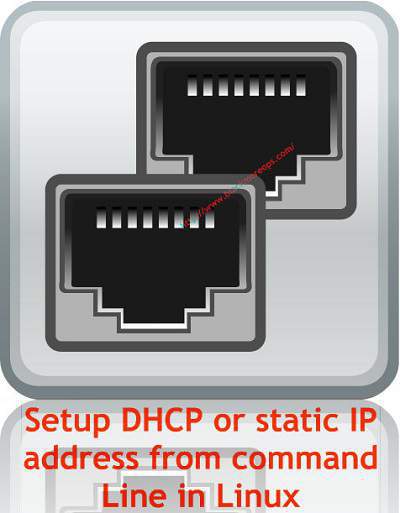This post covers IP spoofing in Kali Linux with torsocks which will allow users to connect to certain services that is banned to them.
Read More »Create hidden service in TOR like Silk Road or DarkNet
Create hidden service in TOR
Read More »How to get Public IP from Linux Terminal?
Public addresses are assigned by InterNIC and consist of class-based network IDs or blocks of CIDR-based addresses (called CIDR blocks) that are guaranteed to be globally unique to the Internet. When the public addresses are assigned, routes are programmed into the routers of the Internet so that traffic to the …
Read More »Setup DHCP or static IP address from command line in Linux
Did you ever had trouble with Network Manager and felt that you need to try to setup DHCP or static IP address from command Line in Linux? I once accidentally removed Gnome (my bad, wasn’t paying attention and did an apt-get autoremove -y .. how bad is that.. ) So …
Read More »Random quotes and creatures using fortune and cowsay in Linux terminal
fortune is a simple program that displays a pseudorandom message from a database of quotations that first appeared in Version 7 Unix. The most common version on modern systems is the BSD fortune, originally written by Ken Arnold. Distributions of fortune are usually bundled with a collection of themed files, …
Read More » blackMORE Ops Learn one trick a day ….
blackMORE Ops Learn one trick a day ….




